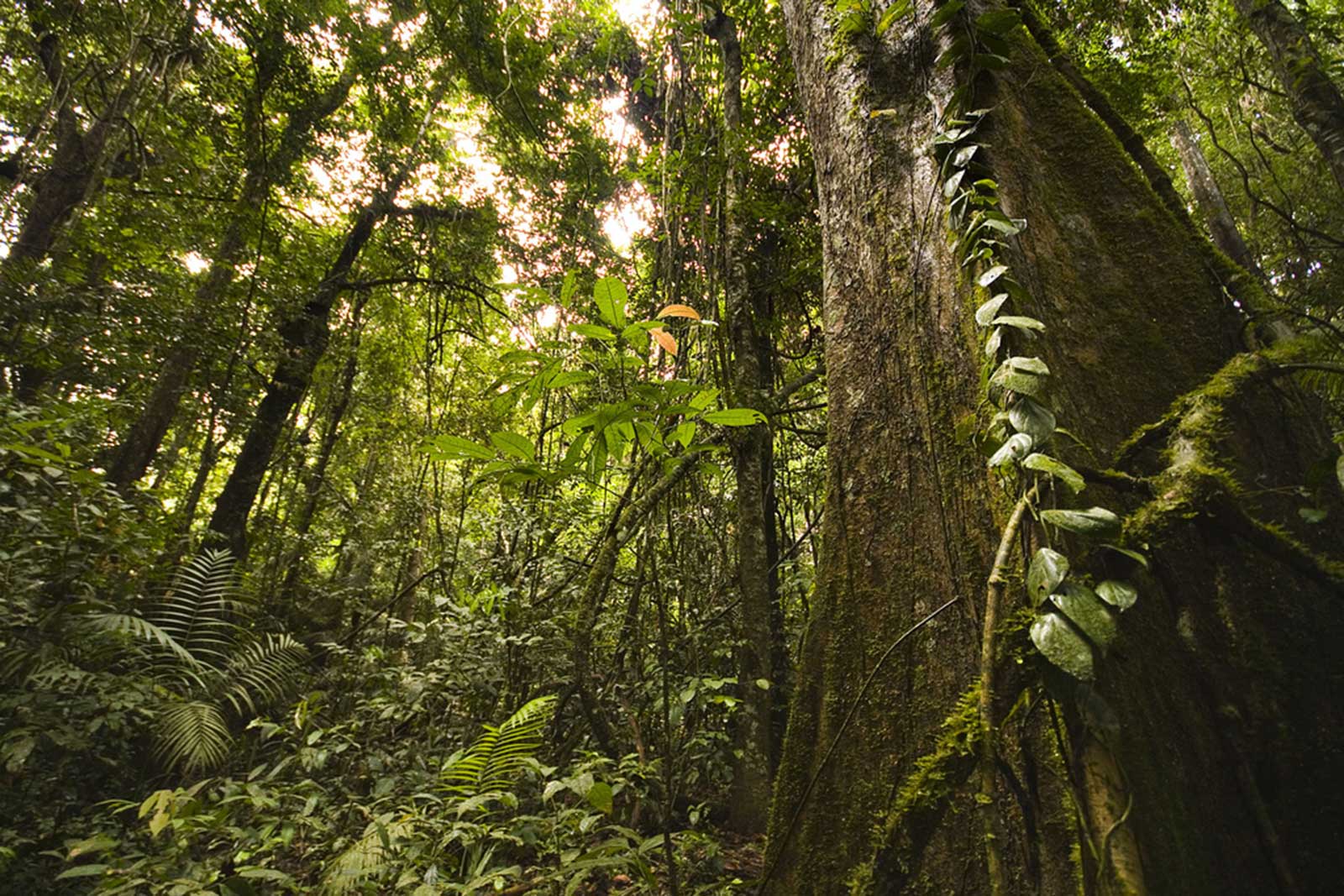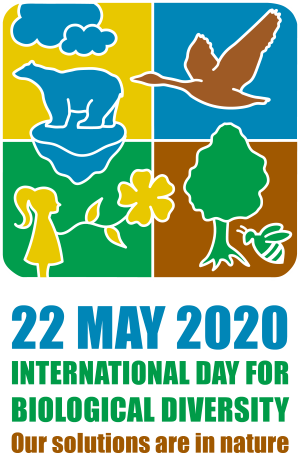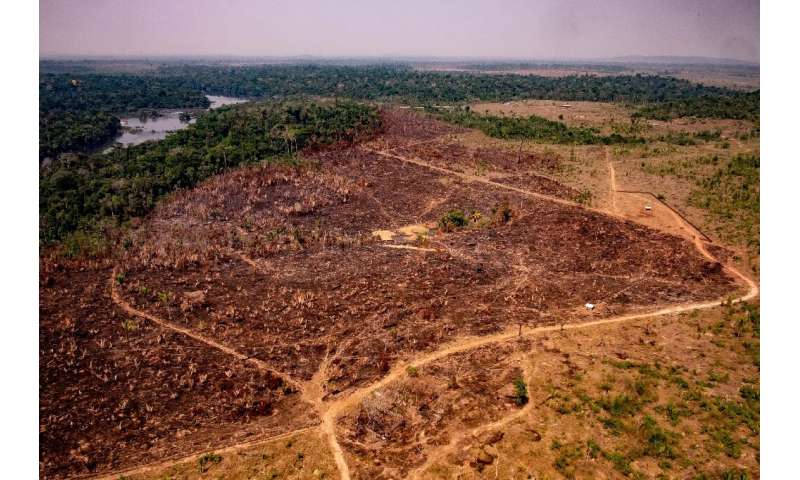“We don’t need to plant trees in Suriname, because we have enough!” were the words I heard during a lecture about forestry. I was dumbstruck and could not believe what I heard. As she captured my full attention, she continued to say that even though there is an exponential rise in the logging industry of Suriname, it is not posing any threat to the rainforest. It was one of the times i had to think to myself, “ are people who think like this, qualified to make legislative decisions regarding the rainforest and the environment?”

The world is celebrating World Environment Day on Friday, June 5 2020 and celebrated the International Day of Biological DIversity on Friday, May 22 2020. These two days are some of the days where the world stands still and appreciates the wonders of nature and also look at the problems that may have catastrophic impacts on our livelihoods, ecosystems and also nature itself. With the world being in an environmental crisis, it is more than crucial to find ways to conserve, cherish and restore ecosystems. Like everything on this planet, we as humans also have our role to play in all this. Sadly our role has been one of a destroyer and thief most of the time, but there are still people on the forefront of protecting the ecosystems, so that we may have an inhabitable planet.

Plants are crucial in maintaining a healthy ecosystem, they are at the center of it all. Plants also have all the nutrients humans need to survive, also wild animals use these plants to build their shelters and feed. Plants also provide us with the oxygen we need to stay alive, if that isn’t reason enough for you to protect the trees then I personally don’t know what will be. With the growing human population, more land is being cleared for many purposes such as: agriculture, urbanization, logging and herding of animals. The rate of deforestation in recent years has been alarming.

Suriname has around 93% forest and is the country with the highest percentage of green. Is the aforementioned statement made by the lecturer justifiable? No. Suriname has known more mining and logging activity than in the last ten years of the previous century. Even though we have that much forest we NEED to protect it, because protecting something in the state it is now is better than trying to protect it afterwards. As part of the Amazon rainforest, we help store the world’s carbon and if we as lungs of the planet begin to mistreat the rainforest, we may feel the effects even more. Does this mean that we need to leave it like that and do nothing with it? No, there must be sustainable development of the forest and compensation from the first world countries who are the major pollutants of the environment.
With all this being said I want to encourage and applaud everyone who is doing their best to have a positive impact on our environment. If it is by changing your diet to reduce your ecological footprint, using renewable energy sources, avoiding single use plastic and styrofoam, and even planting trees (because every tree planted is important). Let us all take responsibility and pride in protecting our environment.
Let’s not destroy what we haven’t built, Let’s protect what we got and Let’s pass down a healthy planet to the generations to come.
See you soon and remember, there is no such thing as knowing too much.
Missed my previous blog?
Read it here: " Nut or Not? "

Comments
Post a Comment